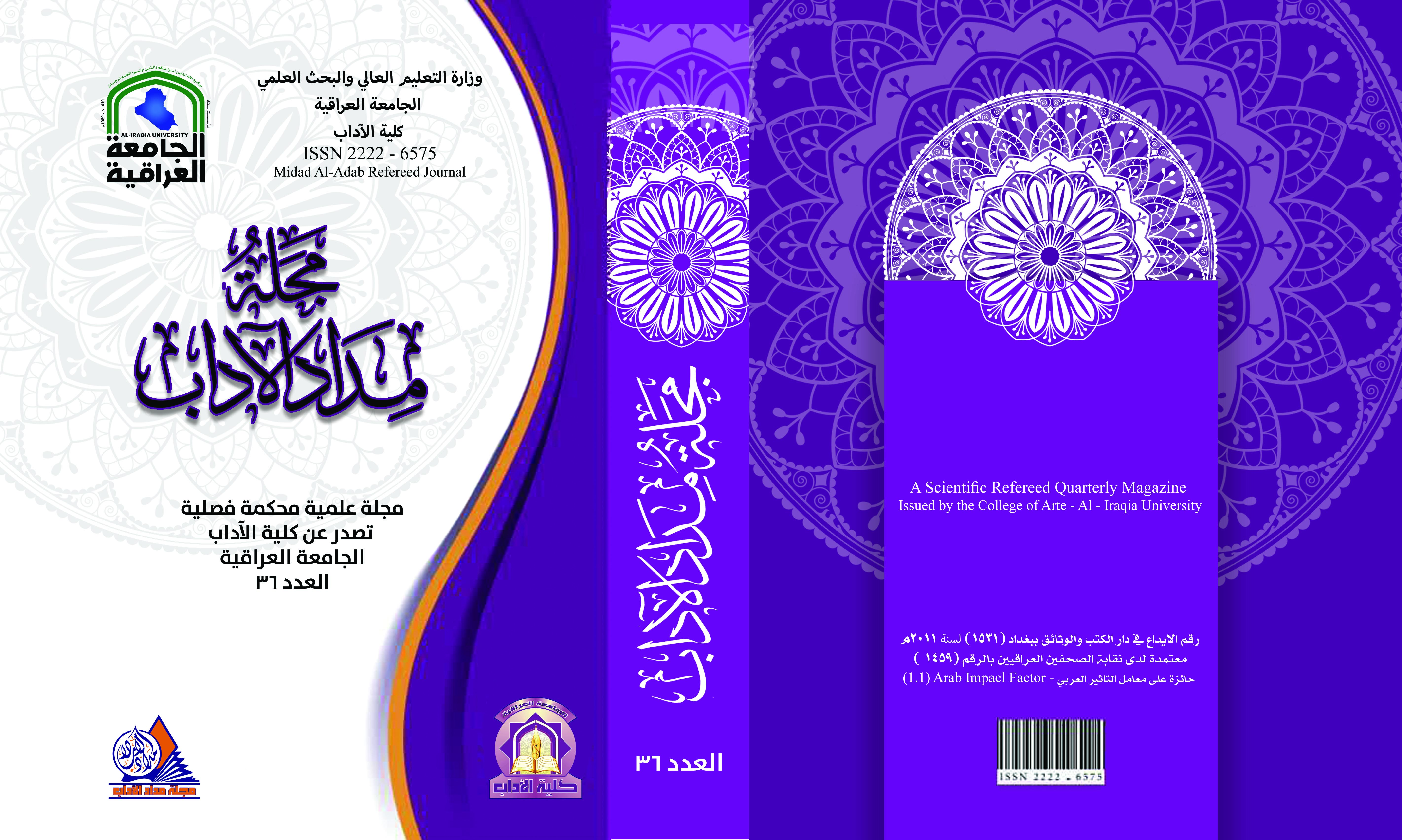Italian-French Relations 1924-1939
DOI:
https://doi.org/10.58564/ma.v14i36.1554Keywords:
Keywords: France, Italy, Chale Agreement, Ruhr, Abyssinia.Abstract
After the end of World War I, France remained behind its borders to prevent a change in the European balance. It expressed a desire to help small countries maintain their identity or achieve their independence. It took a defensive position such that it would not fight unless its security became in danger. It was located in the heart of Europe and was affected by what... Important developments were taking place, and the political situation on the European continent changed in the third decade of the twentieth century, which led to a threat to France and its foreign policy. Hitler and Mussolini sought to change the policy of the “status quo” and demand the amendment of the treaties. The year 1935 AD was a decisive year in the history of Europe and the world. As he witnessed several global events that threatened the foundations of French foreign policy, this was an impetus to study the French position on the main events, especially the Abyssinian issue, which began to appear on the horizon at that period. Mussolini, despite his alliance with Hitler, did not issue any positive position encouraging Hitler to achieve His ambitions in Austria. He remained silent about the message he received from Hitler, and he also did not respond to Schusching when he asked him to help Austria, in line with Italy's traditional position. But if Mussolini did not give his approval to Hitler to annex Austria to the German Reich, then Hitler was not asking for Mussolini's help, but rather His silence was enough, and on November 6, 1937, he consolidated Italian relations. The Germans pushed Italy to abandon the Central European region in favor of German influence in exchange for Germany's support for its Mediterranean colonies. For these reasons, Mussolini retreated from his traditional position.
Downloads
Published
Issue
Section
License

This work is licensed under a Creative Commons Attribution-NonCommercial-NoDerivatives 4.0 International License.








